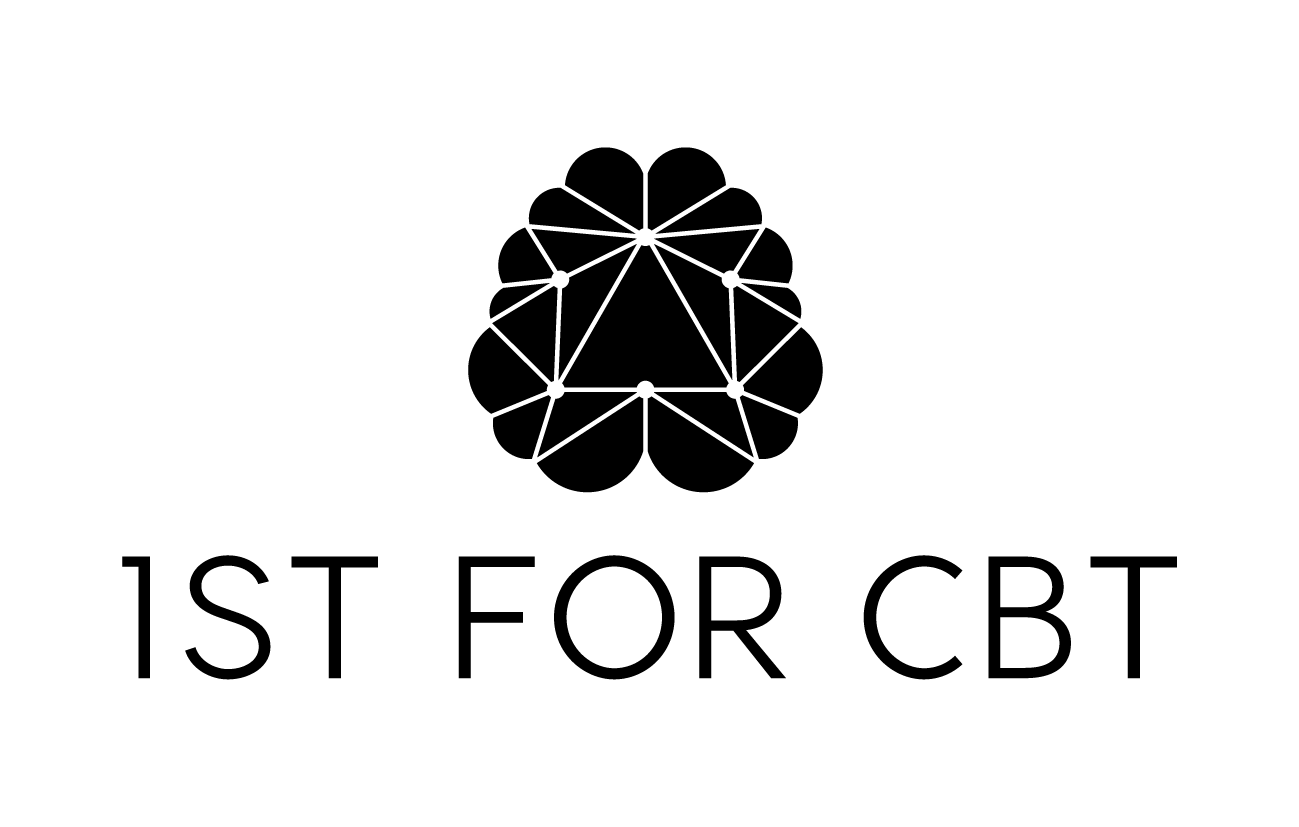MEET THE TEAM
LINDSAY GRANT - DIRECTOR AT 1ST FOR CBT
I am a qualified Cognitive Behavioural Therapist with a Master’s Degree in CBT (MSc CBT), an Honours Degree in Psychology (BSc Hons), and I am an accredited member of the British Association of Behavioural and Cognitive Psychotherapists (BABCP).
I specialise in working with children, young people and adults with a diagnosis of Autism Spectrum Condition (ASC) and ADHD by adapting Cognitive Behavioural Therapy. I am also qualified to diagnosis Autism using the ADI-R, RAADS, ACIA and ADOS. I have attended the Social thinking Training in Boston allowing me to teach the Social Thinking program.
I have previous experience of working within an NHS Primary Care service, and have worked for a private organisation as the lead Cognitive Behavioural Therapist in a special education school for adolescents with a diagnosis of an ASC and associated difficulties.
I have extensive experience working within mental health in various settings, both inpatient and outpatient. I have worked in a primary care setting with the NHS, treating disorders such as Depression, Anxiety and Trauma.
My previous experience also includes working with individuals with severe and enduring mental health problems, such as Personality Disorders and Schizophrenia for which I have provided both individual and group therapy. I have worked with children, adolescents, adults and older adults with positive outcomes, enabling these clients to have an improved quality of life.
Alongside a CBT approach to my work, I incorporate a person-centred approach and use elements of Mindfulness, Acceptance and Commitment Therapy (ACT), Compassion Focused Therapy (CFT) and have completed my Level 3 Eye Movement Desensitisation and Reprocessing (EMDR) qualification.
MARK BRADY - COGNITIVE BEHAVIOURAL THERAPIST
I am a Cognitive Behavioural Psychotherapist (Pg Dip CBT) and a member of the British Association of Behavioural and Cognitive Psychotherapists (BABCP). I am also a member of the British Psychological Society with a Masters of Science in applied Neuropsychology.
I have worked with people across a broad range of emotional difficulties. I have experience helping people recover and adjust from traumatic brain injuries; those experiencing trauma, transgender issues, and stress and anxiety difficulties. My true passion is working with people with a diagnosis of an autism spectrum condition (ASC).
I have worked as a psychological therapist for the NHS in Primary and Intermediate Care Teams. I have also conducted research into adapted therapeutic interventions for ASC as the Autism lead for an NHS Primary Care Psychology Service.
I believe that people with an ASC diagnosis have more in common with others than they have differences. We can all be anxious, confused, misunderstood and misunderstand at times, but with patience and a little direction everyone can flourish and tap into their potential to live happier more fulfilling lives.
Charlotte Reynolds - COUNSELLOR
I’m a qualified integrative trauma therapist offering one-to-one support for adults, children, and young people, this means I can draw on different psycho-therapeutic theories and counselling models depending on your needs and requirements. I have specific experience and training to work with clients who have experienced trauma, loss, and bereavement. I work with a broad range of issues like PTSD, complex PTSD, anxiety, bereavement, depression, and domestic abuse. I offer a compassionate and confidential space in which to support you in finding your own way forward in coping with any challenges or difficulties you may be experiencing.
Alongside working in a trauma informed way, my approach is person-centred, and I use elements of mindfulness and somatic therapy. Our sessions focus on helping you manage distressing symptoms—such as flashbacks, nightmares, and intrusive thoughts—without the need to revisit painful memories in detail. Because trauma is held in the body, our work supports nervous system regulation, helping you feel more in control of your thoughts, emotions, and overall wellbeing. A key part of my approach is exploring early relationships and attachment patterns to understand how they shape your current life and relationships.
I have previous experience working as a suicide liaison worker, offering practical and emotional support to anyone affected by suicide as well as working as a volunteer counsellor at a school.
I am a registered member of the British Association for Counselling and Psychotherapy (BACP) and as such, I am bound by their Ethical Framework for Good Practice in Counselling and Psychotherapy (Code of Ethics)
JEZ HARGREAVES - MUSIC THERAPIST
I have been involved with music from a young age and developed an interest in the psychological benefits of music whilst studying psychology with music as an undergraduate.
I chose to study music therapy after seeing the transformative effect music can have with an autistic family member and will reach my accreditation as a music therapist in November 2019.
I have experience working with children with special educational needs, adults with brain injury, youth offending in Wiltshire and adults with learning disabilities.
I approach my work from a humanistic perspective and use tools such as therapeutic songwriting, musical games and improvisation to help clients feel heard and supported.




